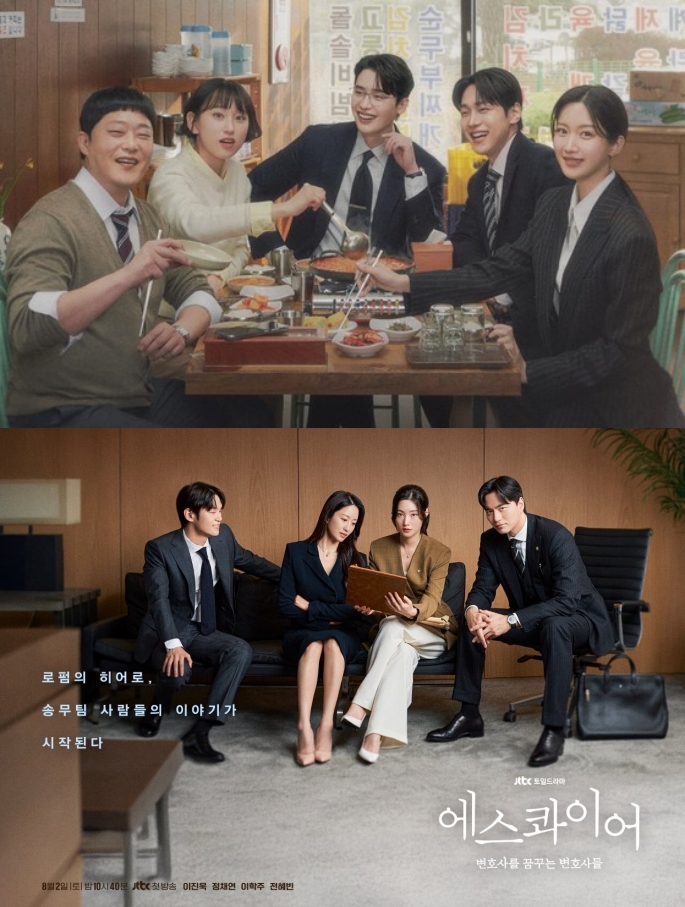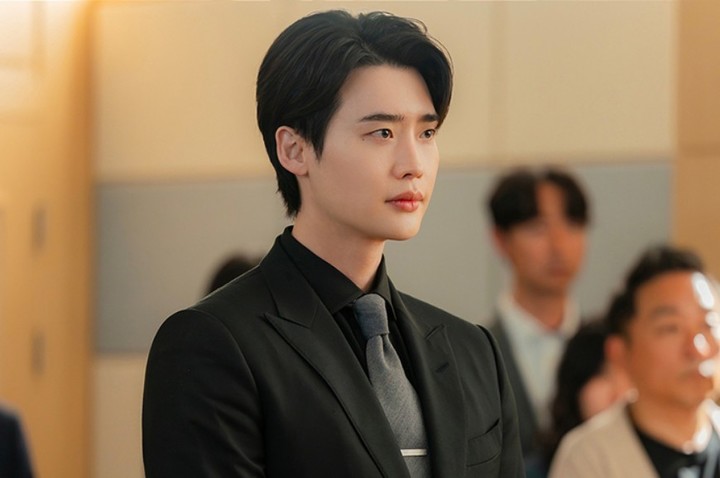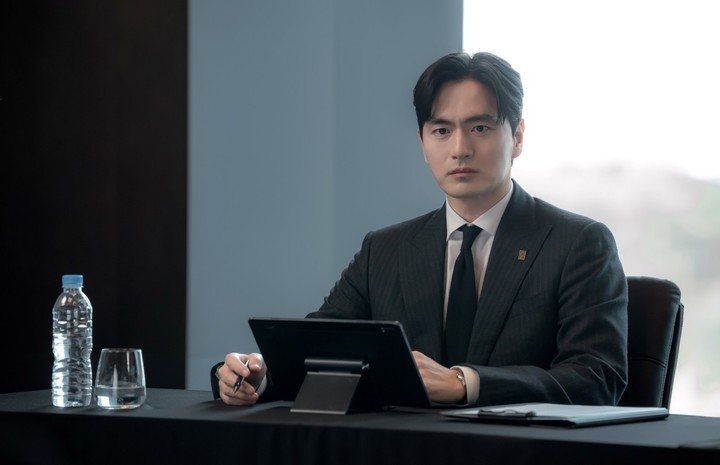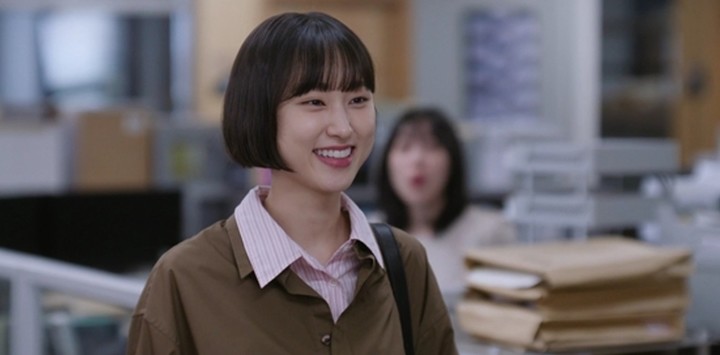K-Topic Details
From Surgeons to Attorneys: The Rise of Legal Dramas on Korean Television

Once dominated by doctors, Korean primetime television has experienced a dramatic shift—from the intense ambition of dramas like “White Tower” and the gentle camaraderie of “Hospital Playlist,” viewers are now captivated by the world of the courtroom. Since “Extraordinary Attorney Woo” became a national phenomenon, new legal dramas such as “Good Partner,” along with recent hits “Seocho-dong” and “Esquire,” have garnered critical and audience acclaim. Courtroom dramas have now firmly established themselves as a guaranteed ticket to success. But what is it about lawyers’ stories that captivates Korean viewers now more than ever?
No Longer ‘Heroes’—Lawyers as Relatable Office Workers
A defining trend in recent legal dramas is the depiction of lawyers not just as crusaders of justice or undefeated champions, but as everyday employees with relatable struggles. On tvN’s “Seocho-dong,” the attorneys are more concerned with monthly paychecks, bonuses, and their lunch menu than toppling evil empires. While they empathize with their clients’ injustices, they also sigh at the prospect of taking on unwanted cases—making them just like any other office workers.
This shift has resonated deeply with viewers. In the midst of economic downturn and competitive social realities, seeing professionals—once admired from afar—grapple with the universal worries of “making a living” offers comfort and a strong sense of connection. As fatigue with unrealistic hero narratives grows, the rise of “office worker lawyers” has received enthusiastic applause.
A New Wave of Realism: Legal Dramas Penned by Former Lawyers
The strongest source of this growing relatability is authenticity. Notably, Lee Seung-hyun, the writer for “Seocho-dong,” Park Mi-hyun of “Esquire,” and Choi Yu-na, who started the trend with “Good Partner,” are all practicing lawyers. Their scripts overflow with details only possible from direct experience—details that imagination alone cannot conjure.


These dramas explore not just courtroom battles but also fierce competition among associates, subtle tensions between lawyers and their clients, and creative ways of reconstructing cases based on precedent. These nuances, understood only by insiders, have brought a new level of immersion to the genre. Actress Ryu Hye-young has remarked that she consulted the writer of “Seocho-dong” for specific insights into the courtroom atmosphere, proving that knowledgeable writers serve as invaluable assets for actors as well.
Using Law as a Lens to Examine the Human Condition
The fundamental reason viewers remain enamored with lawyer dramas is the courtroom’s role as a stage for the most dramatic stories of humanity. While law provides the backdrop, successful recent series never lose sight of the people behind the cases.
“Extraordinary Attorney Woo” raised thought-provoking questions about difference and prejudice through the eyes of an autistic-spectrum lawyer. “Good Partner” revisited the meaning of family and relationships via high-stakes divorce cases, while “Esquire” explores how the concept of love morphs and is put on trial within legal contexts. Ultimately, these successful legal dramas have moved audiences by depicting universal human joys and sorrows through the lens of the law.
In summary, while doctors in past dramas were depicted as noble guardians of life and death, today’s lawyers are portrayed as realistic problem-solvers confronting the everyday absurdities and conflicts of ordinary people. Viewers find satisfaction in dramas that deliver both the vicarious thrill of “justice served” and warm connection through the depiction of lawyers as relatable office workers. With legal dramas able to satisfy both desires, their golden age on Korean television is set to continue.
Note “This article was translated from the original Korean version using AI assistance, and subsequently edited by a native-speaking journalist.”

Photo=tvN, JTBC, ENA
Recommended News
* This article is provided by MHN Sports.